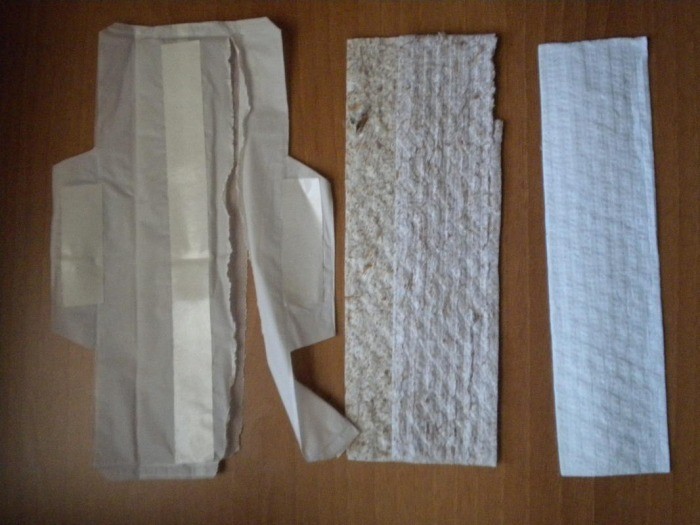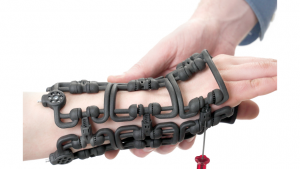Part of the Project
From the Series

The reality in Uganda is that many girls are not able to attend school on the days they menstruate because they can’t afford the basic sanitary products. Research also revealed about 90% of the urban poor women and girls don’t use (off-the-shelf) sanitary pads because it is too expensive, instead improvising with unhygienic materials such as banana fibers, leaves, old newspapers, and pieces of cloth.
Makerere University’s Faculty of Technology along with Dr Moses Musaazi developed, and now manufactures, Makapads – sanitary pads made from 99% local materials, mainly papyrus reeds, cut from the vast swamps and riverbanks across the country, resulting in a product that is 75% cheaper.
But this project doesn’t just solve one problem. The labour intensive production process also creates employment and income for relatively poor families. Makapads are also environmentally friendly and biodegradable.
For more than 20 years Dr Moses Musaazi, an electrical engineer, has developed local, sustainable and low-cost innovations in Uganda. After dedicating 15 years to Research and Development in Appropriate Technology, Musaazi found it logical to form Technology for Tomorrow as an implementing company working to implement appropriate technologies for the betterment of humanity.
Musaazi believes products and technologies that work with the culture and behaviours of the people allow for easier assimilation into communities.
Watch how Makapads are produced:
Makapads were exhibited as part of the Africa is Now exhibition at Design Indaba Expo 2014 under theme 'Africa is Transformed' that celebrated African designers' singular, make-do approach to materiality.








